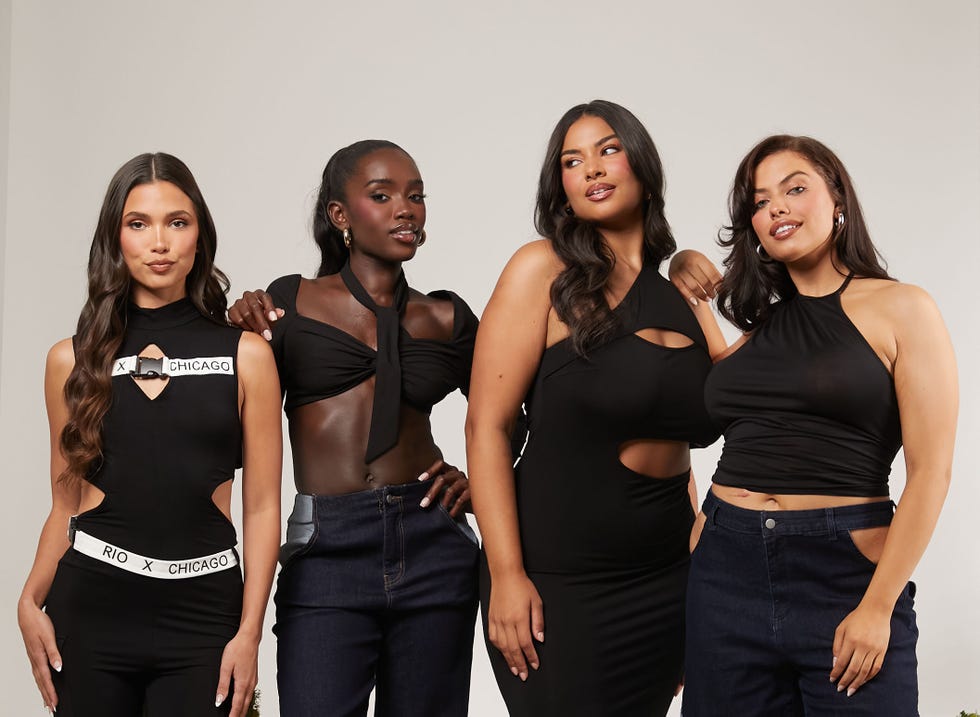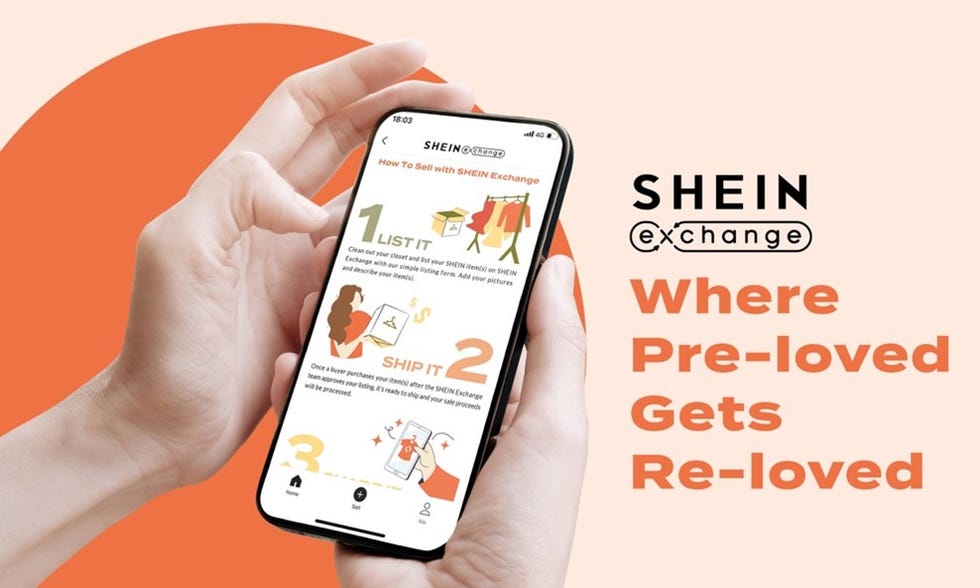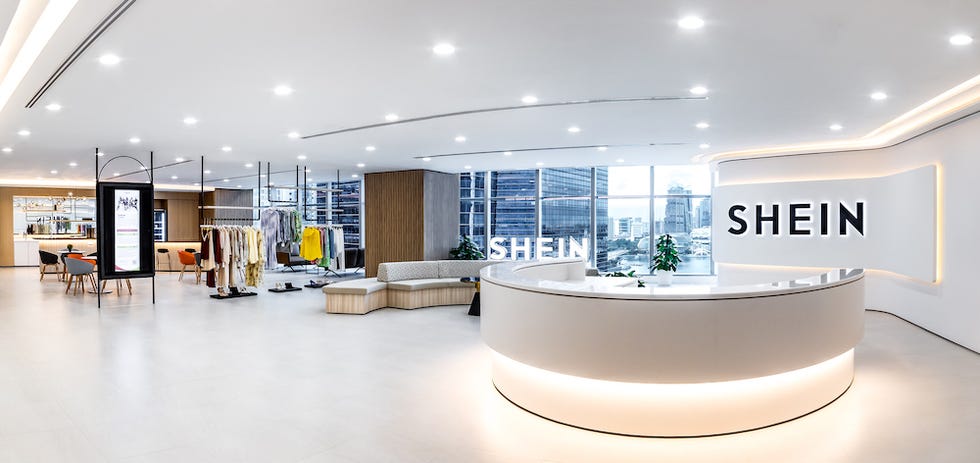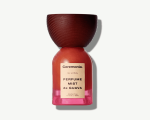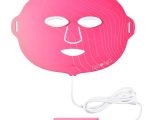The original post is located at www.elle.com
Fashion is fashion, but fashion is also capital-B business. Today’s biggest retailers are responsible for massive balance sheets, with tons of operational parts and global customers to keep happy. Chief amongst these big players is SHEIN, whose business is so fast-paced that it boggles the mind to truly consider all the moving parts at play.
SHEIN knows that it’s become increasingly important to consumers to shop things they like stylistically from brands whose ethos, values, and business practices align with what they care about as well.
Here are three ways SHEIN is turning over a new leaf and investing in a more sustainable future:
1. Using on-demand technology to bring you more of the right stuff at the right time.
A digitalized supply chain, plus a direct feedback loop with customers, lets the SHEIN team zero in on what’s working—and then make more of it in real time. This marks a shift from traditional methods, where brands would order large quantities based on forecasts and hope for customer demand months later.
SHEIN, however, might test a variety of new styles online with only a hundred pieces of each product in stock, and then keep an eye on customer engagement. Only when shoppers begin signaling their interest, by on-site behavior and what they’re adding to cart, does the team order more. This way, the brand ends up with far lower rates of unsold inventory than many others do. And minimizing production waste allows SHEIN to pass those cost savings along to its customers in the form of lower prices—a win-win.
2. Redefining fashion with more recycled and repurposed materials.
From self-branded products to in-house labels like Aralina, SHEIN has begun to use more high-quality recycled fibers—made from fabrics scraps or discarded plastics—and deadstock materials in its collections. Deadstock fabrics are left over by fashion brands at the end of a season—perfectly good, but overproduced and often discarded. SHEIN’s unique on-demand manufacturing model helps minimize unused material, and the company has also partnered with Queen of Raw to rescue surplus fabric from outside brands and turn them into its own limited-edition collections. And now material that might have otherwise been burned or packed into a landfill is instead given a new life.
Today’s smartest fashion brands also know that there’s power in numbers, which is why teaming up to make a difference has become commonplace. As part of the World Circular Textiles Day movement, SHEIN is signaling its commitment to work with others toward making the future of fashion circular by 2050. This includes using more recycled textiles and reclaimed deadstock, while also incorporating next-gen textile innovations like Regracell® to make these materials more accessible to everyone. You can check for products made with at least 30 percent of materials like these by searching “evoluSHEIN” when shopping.
3. Simplifying peer-to-peer resale with SHEIN Exchange.
Circularity in fashion isn’t just about creating new clothes with repurposed materials—it’s also about getting more wears out of the ones that already exist. Getting clothes you’re tired of into the hands of someone new is one of the best ways to keep them out of landfills. The concept is simple to understand—yet the logistical parts of getting pieces to, from, and in front of the owners of those new hands can be surprisingly challenging.
So SHEIN has stepped in to help its community, with the development of SHEIN Exchange. It was introduced in the U.S. in 2022, and had over 4.2 million new users join the platform last year. Searching “SHEIN Exchange” in the brand’s app will let you shop secondhand styles from fellow SHEINistas, or you can list, sell, and ship your own pieces—thereby keeping fashion in closets longer.

